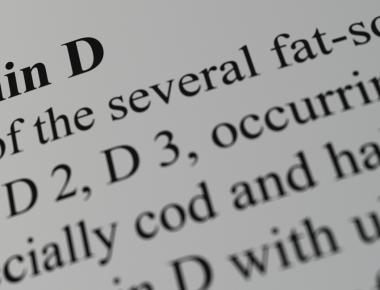
Magnesium Improves Heart Function in Coronary Artery Disease

Table Of Contents
The Effects of Magnesium Supplementation on Coronary Heart Disease
Magnesium supplementation orally has been found to improve heart function and help widen blood vessels in patients with coronary artery disease (CAD). This improvement is similar to the effects seen from taking lipid-lowering drugs. Additionally, magnesium supplementation has improved exercise-induced chest pain and quality of life in these patients. This finding suggests that magnesium may play a role in the physiological processes associated with CAD and that magnesium supplementation could benefit these patients.
This current study aimed to compare the effects of oral magnesium supplementation with placebo on heart rate (HR) behavior during and after exercise. We would test the hypothesis that magnesium could improve heart rate behavior in patients with CAD.
The Study on Oral Magnesium on the Heart Rate Behavior of Patients with Coronary Heart Disease
In a double-blind controlled trial, 53 male patients with stable CAD were randomized into two groups: 28 received oral Magnosolv‐Granulat, which contains magnesium ion, magnesium citrate, and potassium as a hydrogen carbonate, while 25 got a placebo. Both study products were given twice daily for six months. The outcomes measured were the maximal volume of oxygen uptake (VO2max), the degree and direction of the deflection of the HR performance curve, and the left ventricular ejection fraction (LVEF).
Before and after the treatment period, the participants performed an incremental exercise test on a cycle ergometer starting at an initial 20 watts (W) workload followed by 10 W increments every minute until exhaustion. ECG, HR, and blood pressure were monitored continuously throughout the exercise.
The Results
Results showed a strong correlation exists between magnesium citrate therapy and clinical outcomes. Magnesium therapy, compared to placebo, significantly increased magnesium levels and LVEF. An increased LVEF signifies a better pumping of oxygen-rich blood up into the aorta, the heart’s main artery, to the rest of the body. A significant improvement in the degree and direction of the deflection of the HR performance curve suggests that magnesium therapy leads to enhanced functioning of the blood vessels to properly relax and contract, providing sufficient blood flow to the heart during exercise by CAD patients. The significant increase in VO2max showed magnesium therapy could improve aerobic power.
The Conclusion
The present study supports oral magnesium intake and its benefits on exercise resilience and heart rate behavior during rest and exercise in stable CAD patients.
Reference
Related Posts



Quick Links
Legal Stuff




